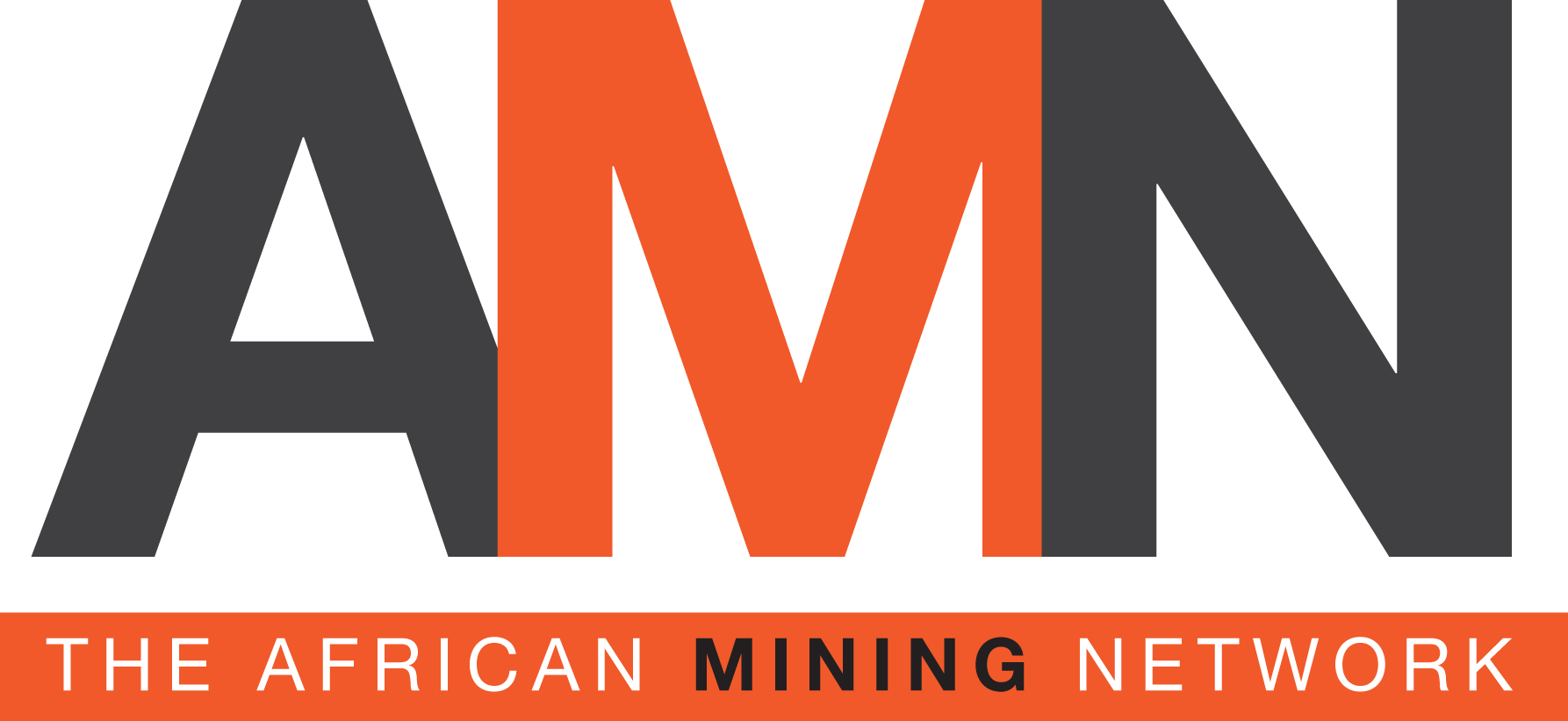- Yolanda Torrisi
- +61 412 261 870
- yolanda@yolandatorrisi.com
- Nina van Wyk
- +27 82 926 3882
- nina@africanminingnetwork.com
![]()
The DRC Government could do a lot worse than to seriously consider the proposals put forward by a number of the country’s leading international miners regarding the new mining code. The proposals have potential to provide even more benefits to the country and its people than those intended in the new code.
The international miners, including Glencore, Randgold, Ivanhoe Mines, Zijin Mining, MMG Mining, China Molybdenum and AngloGold Ashanti, have offered to pay higher royalties if the government of President Joseph Kabila agrees to revise its new code.
Their plan to link payments to commodity prices will immediately hand the government a higher share of revenues than under the new code.
In return they want the government to recognise a stability clause, which protects mining-licence holders from complying with changes to the DRC’s fiscal and customs regime for 10 years.
In a statement, the international miners said: “The mining industry representatives believe these changes will resolve issues with the code and contractual relationships while giving the DRC and its people increase participation in the proceeds of mining.”
In order to push ahead with new projects, which can take years to complete, international mining companies say a stable fiscal framework is a necessity.
The miners said their proposals were designed to address concerns about the recently revised mining code as well as the government’s revenue needs.
Their statement said they accepted 76% of the articles in the new code and suggested changes to the rest “only to ensure the effectiveness and legality of the code”.
The President signed off the new mining code in early March but said the miners’ objections would be taken into account during a 30-day transition period.
The new code strips away the 2002 stability clause protecting existing investments from changes for 10 years, opens the door for cobalt royalties to rise five-fold and introduces a 50% windfall tax on profits.
Although the DRC is one of the world’s poorest countries, it is the world’s leading source of cobalt, a key metal used in new-age batteries, and is the continent’s largest producers of copper. DRC also has large gold reserves and deposits of metals like tantalum.
It is not clear whether the President and the country’s parliament will agree to the miners’ proposal but the plan to link royalties to commodity prices appears to be attractive. Cobalt prices, for example, have more than quadrupled in the past two years as battery makers scramble to lock in supplies.
Yolanda Torrisi is Chairperson of The African Mining Network and comments on African mining issues and the growing global interest in the continent. Contact:yolanda@yolandatorrisi.com

